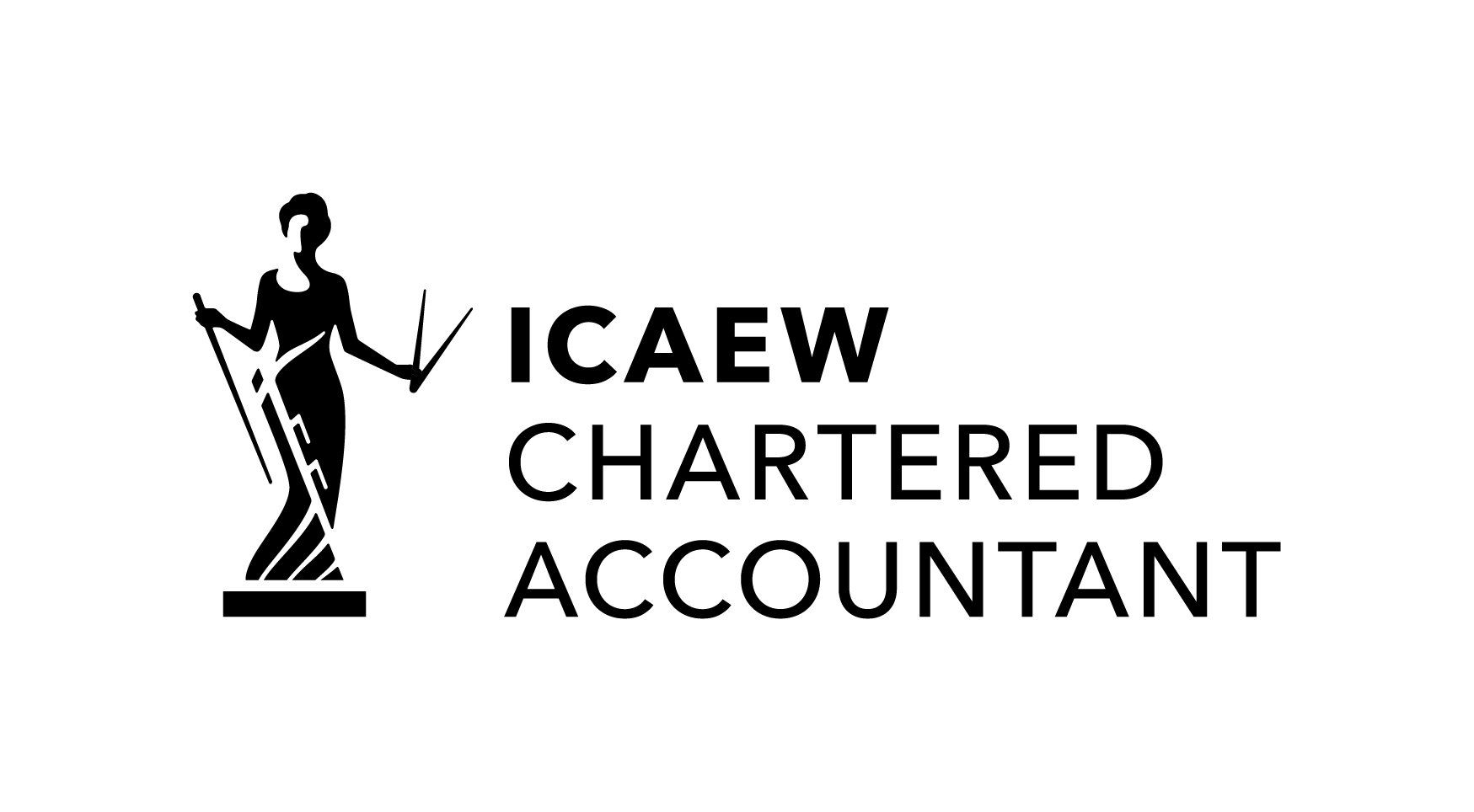ESG ratings and methodology
Useful ESG ratings organisations

The Environmental, Social and Governance (ESG) performance of Companies is increasingly becoming a major aspect that investors and financial institutions have to take into account while making investment decisions. In fact, investors who use ESG ratings to supplement financial analysis can access a wider prospect of a company's long-term potential.
Companies are being evaluated and rated in relation to their ESG performance by various third party ratings providers. The most globally renowned third-party rating providers are:
Bloomberg ESG Data Service: Bloomberg is an ESG data system that offers ESG metrics and ESG disclosure scores. In 2016, Bloomberg had over 12,200 ESG customers, providing ESG data to mainstream investors in more than 100 countries.
Sustainalytics Company ESG Reports: Sustainalytics is an ESG rating and data supplier that provides ESG ratings on 20,000 companies and 172 countries. It’s a leading global provider of ESG research, ratings, and data. The level of consistency with the information provided by Sustainalytics makes this one of the top firms in reporting and data for ESG. It includes 220 ESG indicators across 450 fields.
MSCI ESG Research: MSCI ESG Research provides ESG ratings for over 6,000 global companies and more than 400,000 equity and fixed income securities. MSCI rate companies on a ‘AAA to CCC’ scale according to their exposure to ESG risks.
FTSE Russell: The ESG Ratings by FTSE Russel are an ESG based assessment system of a company’s ESG performance. The ESG Ratings consist of more than 7,200 securities from 47 countries.
ESG rating agencies rate the companies based on their ESG policies, systems and measures, gathering information from multiple sources such as media sources, annual reports, company publications and NGOs.
Each agency has its own methodology and relies on its own analysts and algorithms to synthesize disclosures of ESG metrics, such as a company’s carbon emissions, financing environmental impact, climate change vulnerability or safety policies.
ESG ratings can be numerical scores, percentages, or even letter grades and they all provide investors with a way to objectively assess the ESG performance of a company. However, some critics have claimed that the lack of a methodological standardization across the sector could undermine the ratings’ objectivity and credibility.
The benefits of an ESG score are several. A good ESG rating can improve the Company’s success in the market and attract more investment. Furthermore, a company could benefit from an external evaluation as it could give an independent view not just on the ESG performance but also it could give insights into how the company it’s perceived by competitors and peers. The evaluation could reveal the areas of perceived strength and weakness and could improve the company’s longer-term strategic thinking.



